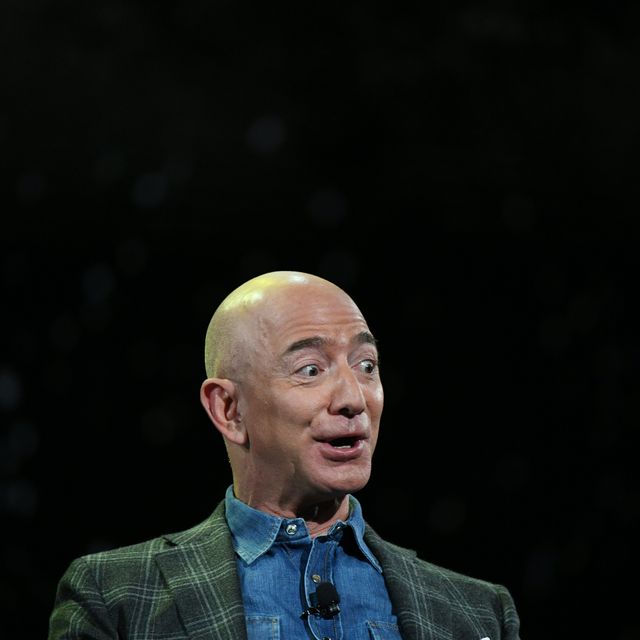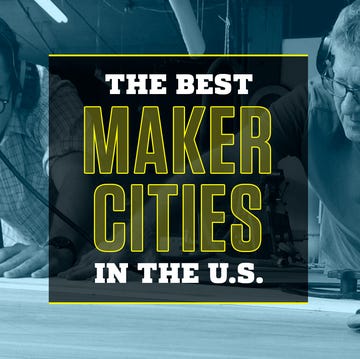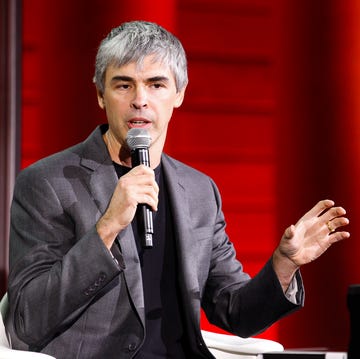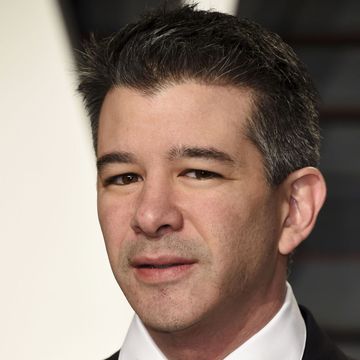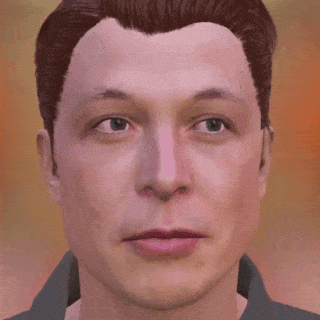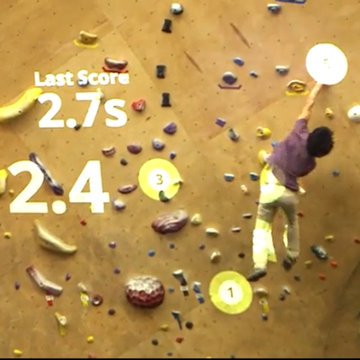- Billionaire Jeff Bezos is reported to be funding an anti-aging organization.
- The new lab will have locations in California, England, and Japan.
- Its scientists include one luminary who won the Nobel Prize for research on how to age cells backward.
It sure looks like Jeff Bezos has plans to cheat death.
The founder and former CEO of Amazon has reportedly made an investment in the freshly launched Altos Labs, a biotech startup focused on "cellular rejuvenation programming to restore cell health and resilience, with the goal of reversing disease to transform medicine," according to a January 19 press release. With $3 billion in backing on day one, Altos Labs has hit the ground running with what may be the single largest funding round for a biotech company, according to the Financial Times of London.
🧬Science is on our side. We'll help you make sense of it all.
Altos Labs has an impressive roster of executives that includes experts formerly of GlaxoSmithKline, a health care company in the United Kingdom that primarily develops pharmaceuticals and vaccines; Genentech, a San Francisco-based biotech firm that created the first targeted antibody for cancer; and the National Cancer Institute. The quest to cheat death is as old as life itself, but this is an especially pedigreed bunch to take on the challenge.
Overseen by teams of luminaries in their respective fields, Altos will open two California laboratories in the Bay Area and San Diego, per the press release. It will also have a laboratory in Cambridge, England and collaborate with scientists in Japan. The formal announcement is dotted with Nobel laureates, but it's still light on details, as these things are wont to be. The company will join ranks with San Francisco-based Calico Labs, another startup seeking to defy death; it's similarly funded by another rich tech entrepreneur, according to a September report from MIT Technology Review: Larry Page, one of the co-founders of Google.
Bezos isn't the sole investor in the wild-sounding mega-hive-mind of anti-aging geniuses. Yuri Milner—a billionaire born in Russia who grew rich by funding Facebook, as well as the Russian email service Mail.ru and Russian social network VK—is another wealthy backer. Now, he lives in Palo Alto in the Los Altos hills, hence the lab's name. ("Los Altos," a Spanish phrase, translates roughly to "the heights," perhaps suggesting Altos' scientific goals in a double entendre.)
But what are these scientists really doing? Given that the company's launch announcement is sparse on specifics, we can look at the research history of some of Altos' scientists for a few clues.
Shinya Yamanaka is a Nobel Prize-winning stem cell researcher who has a medical degree, a doctorate in pharmacology (the study of the effects of drugs on living organisms), and has worked as a professor, and later an administrator, for decades. He leads Kyoto University's stem cell research department and is joining Altos as an unpaid senior scientist. His 2012 Nobel Prize win honors his work at cell "reprogramming," whereby cells can be made to reverse their development toward that of stem cells.
Since his Nobel Prize win, Yamanaka's stem cell work has been used to study entire treated mice. But the results include some frightening growths, called teratomas, that are rare among human fetuses: about 1 in 30,000 babies is born with a teratoma. Teratomas are not usually malignant, but they're unsightly and unsettling as a side effect. (But in a way, their development, mirroring what happens in human fetuses, shows that the "backward aging" process may be working.)
Yamanaka's work may be the highest profile in the positive sense, but a somewhat notorious scientist is also part of the team: Juan Carlos Izpisúa Belmonte, whose lab was the one to apply Yamanaka's findings to whole mice. Izpisua Belmonte drew scrutiny and criticism for research that began to hybridize human and monkey embryos.
Where does Bezos fit into this picture? So far, his involvement has only been confirmed through people who attended a big meeting on "how biotechnology might be used to make people younger," at Milner's Los Altos mansion in October 2020, as MIT Technology Review reports. So, Altos' launch announcement doesn't include any comments from him. But it's easy to see how rewinding time would appeal to the man whose other interests include big-picture investments like the 10,000-year clock. Maybe he hopes he'll still be there at the end.
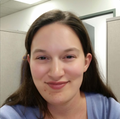
Caroline Delbert is a writer, avid reader, and contributing editor at Pop Mech. She's also an enthusiast of just about everything. Her favorite topics include nuclear energy, cosmology, math of everyday things, and the philosophy of it all.
